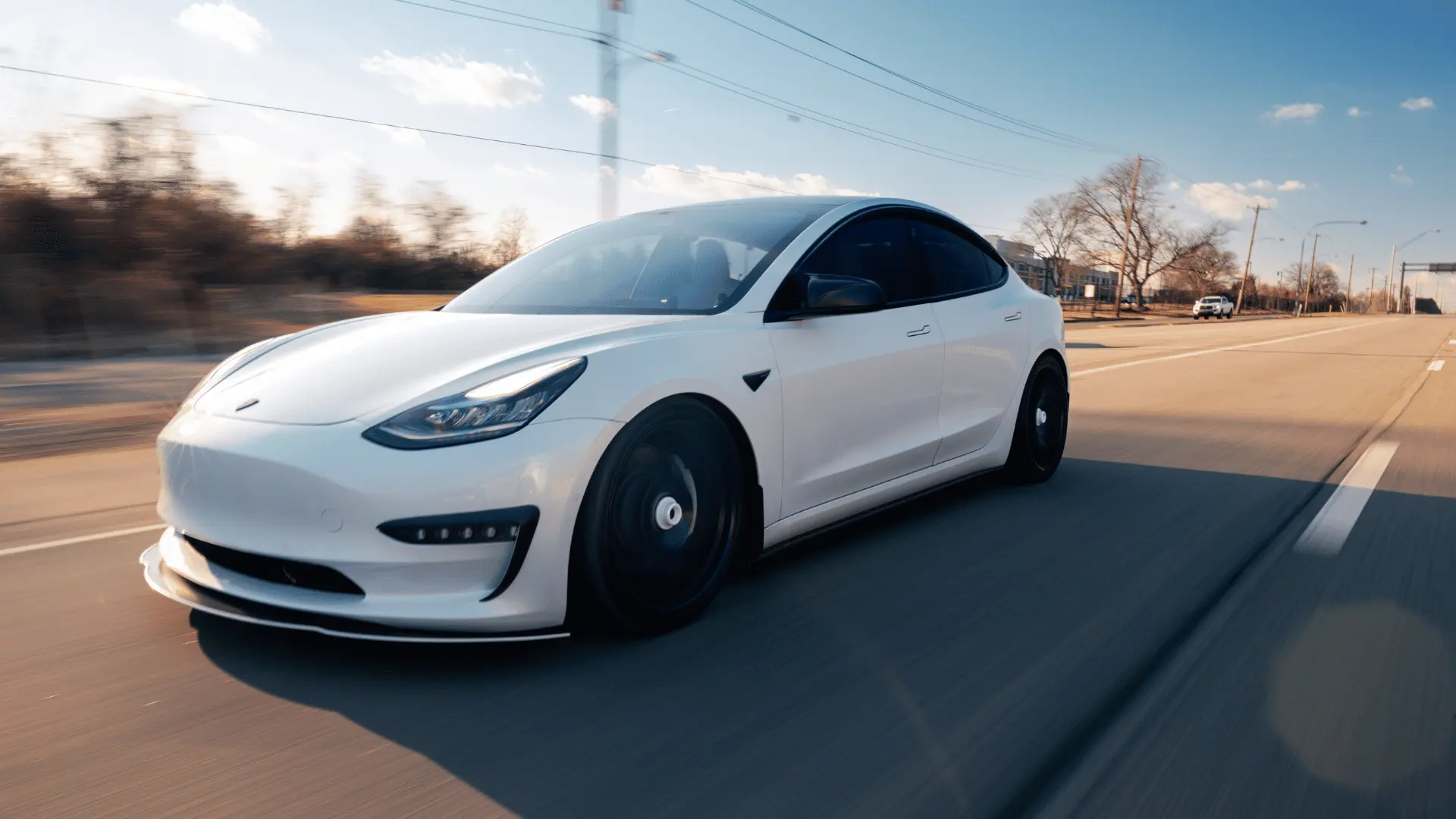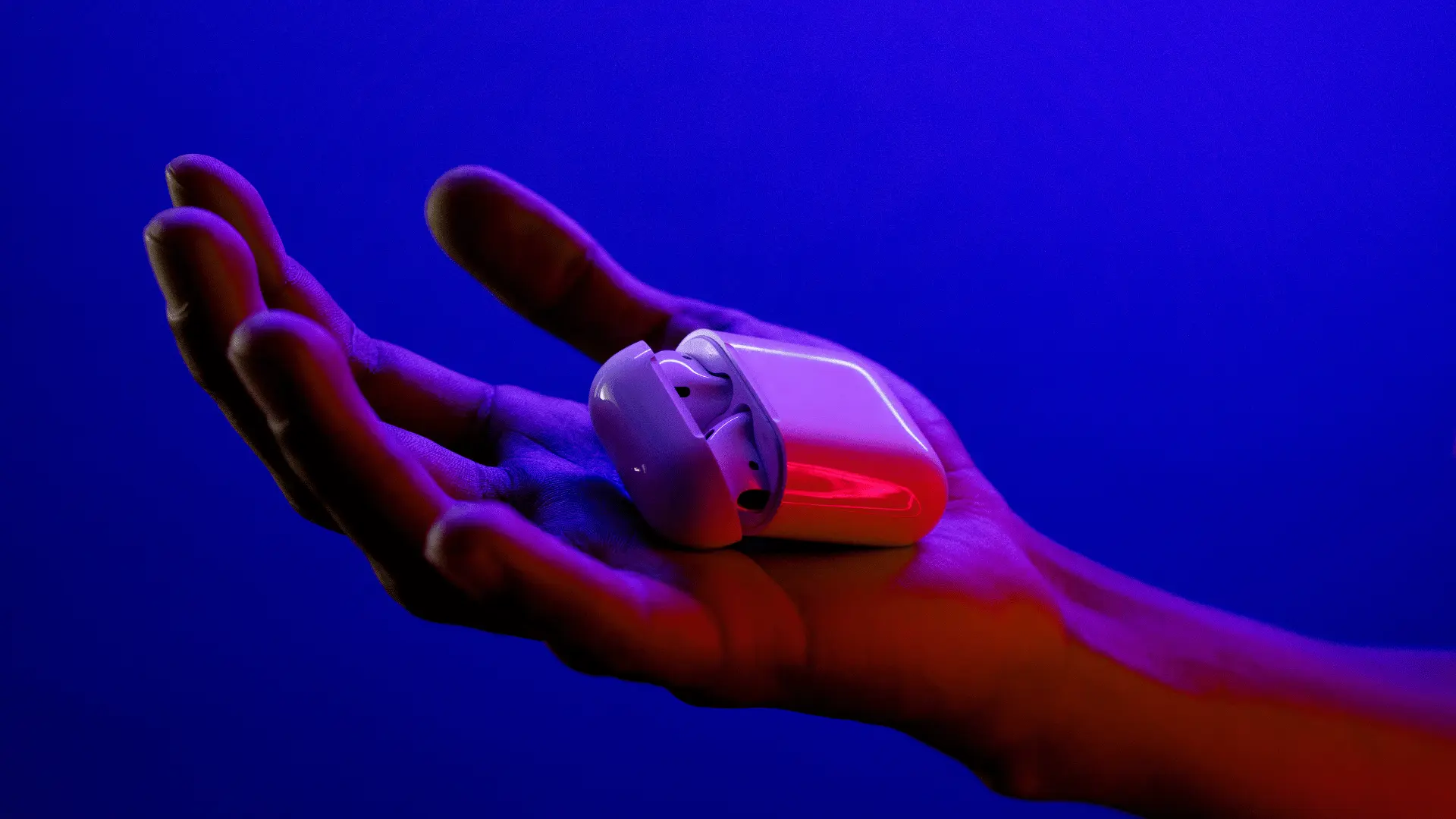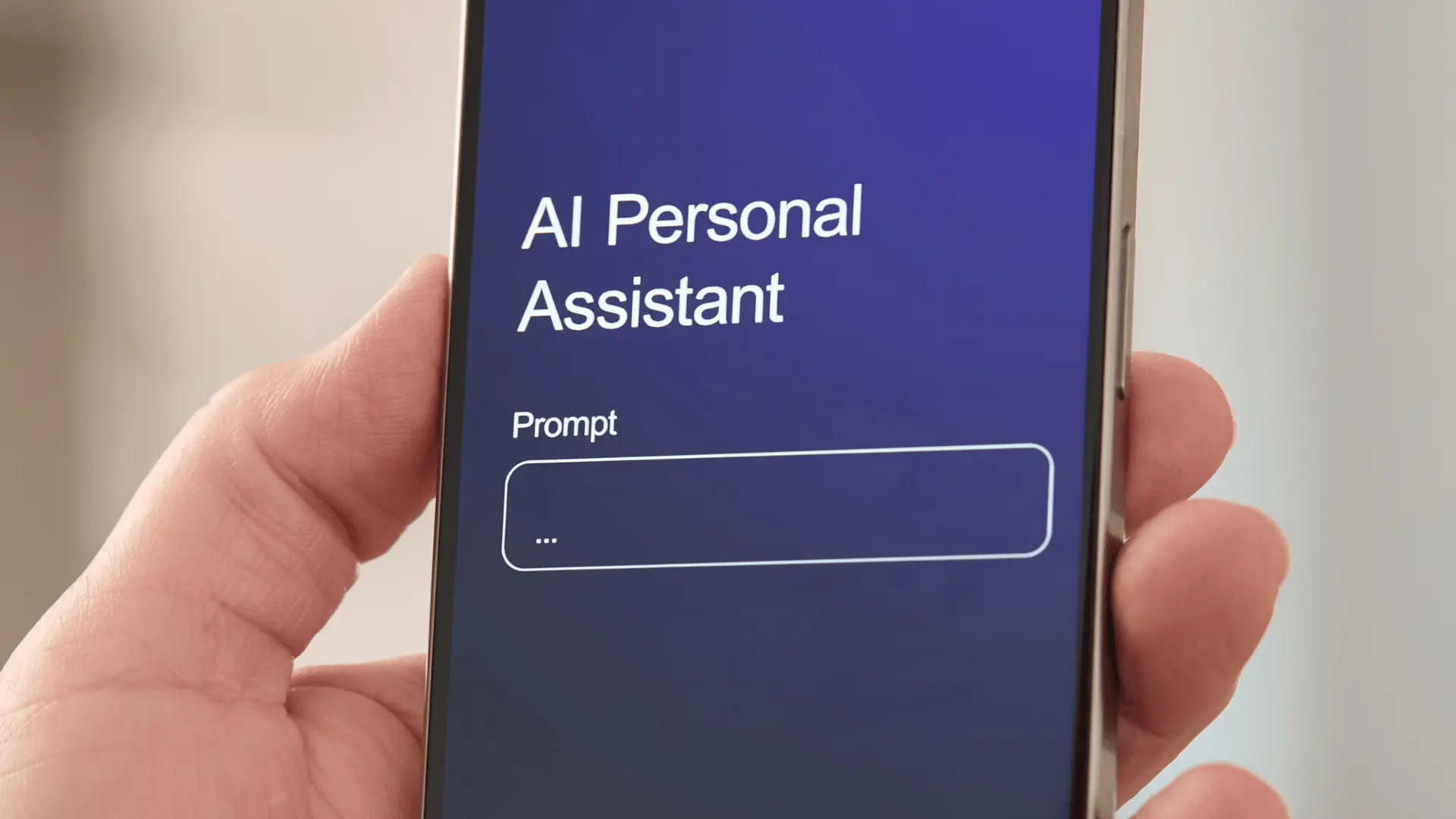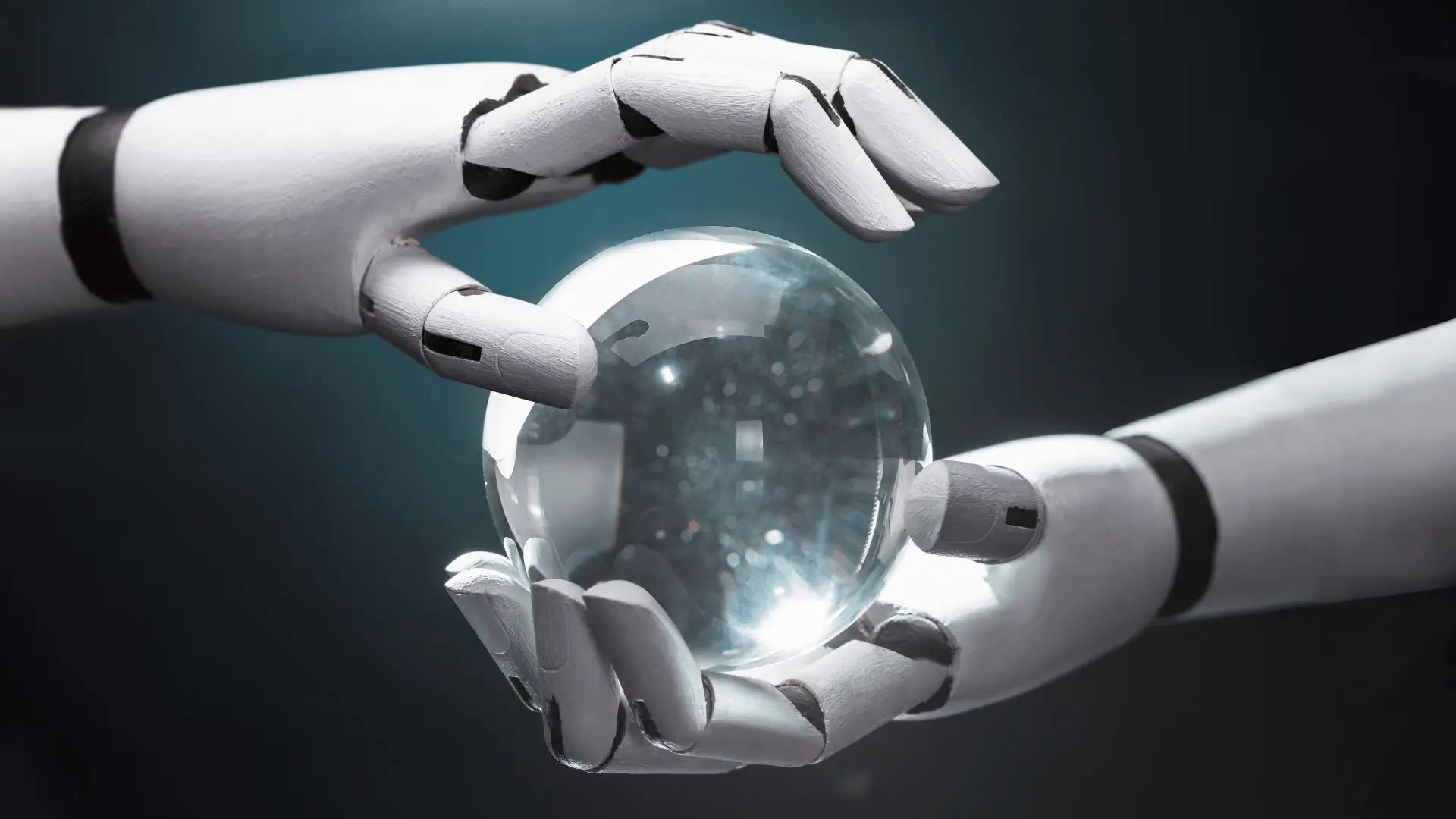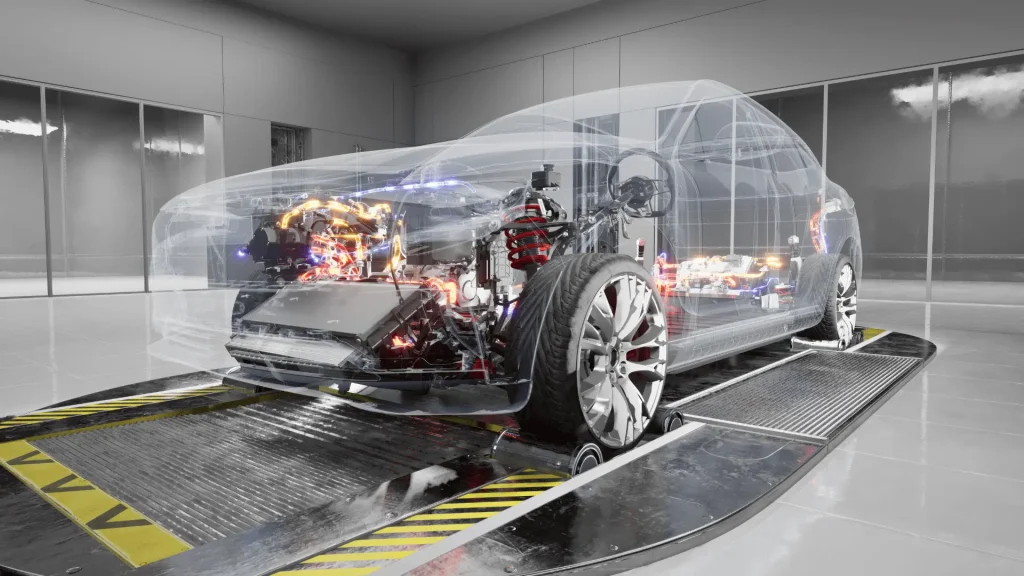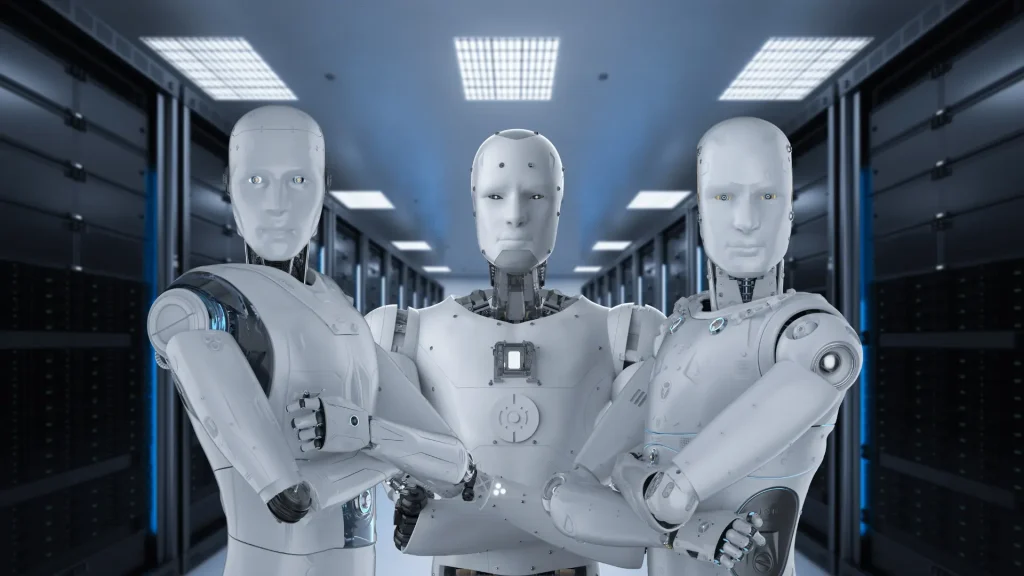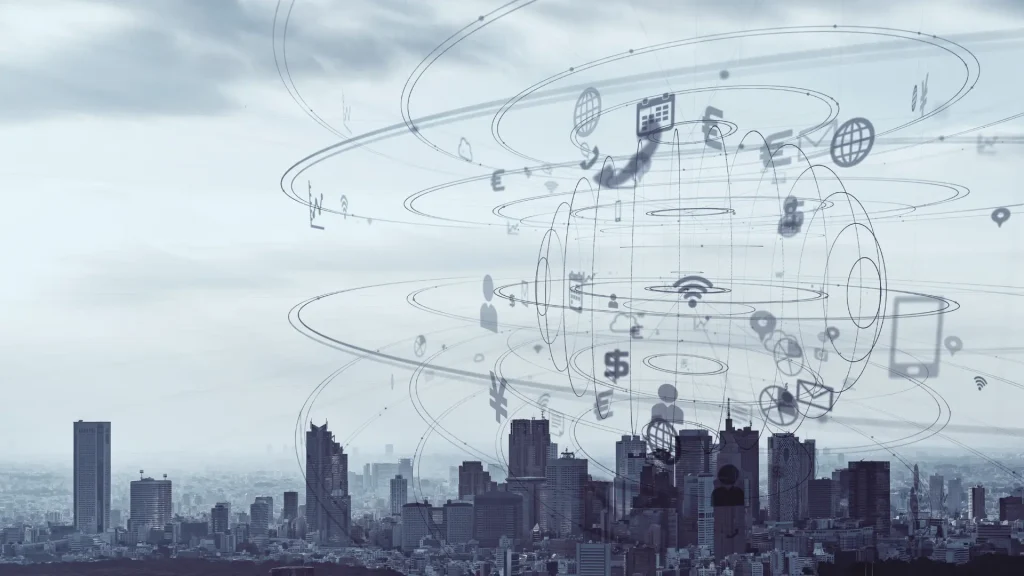A New Era of Outsmarted Humans
Remember when cars were just tools to get you from point A to point B? Buckle up because those days are gone. Thanks to autonomous vehicles, your car is not just driving but thinking, deciding, and maybe judging your parking skills. Manufacturers have achieved something awe-inspiring and unnerving in the race to develop the perfect self-driving car.
The Tech Behind the Wheel
Once a sci-fi fantasy, autonomous vehicles are now cruising our streets with the swagger of overachieving honour students. Powered by machine learning, radar, lidar, and cameras, these cars see faster, think sharper, and brake better than you. With companies like Tesla, Waymo, and others leading the charge, we have witnessed a dramatic leap in vehicle technology, promising a future where car accidents are a thing of the past. But this utopia of flawless driving introduces a disquieting thought: are these cars brilliant, or are we redundant?
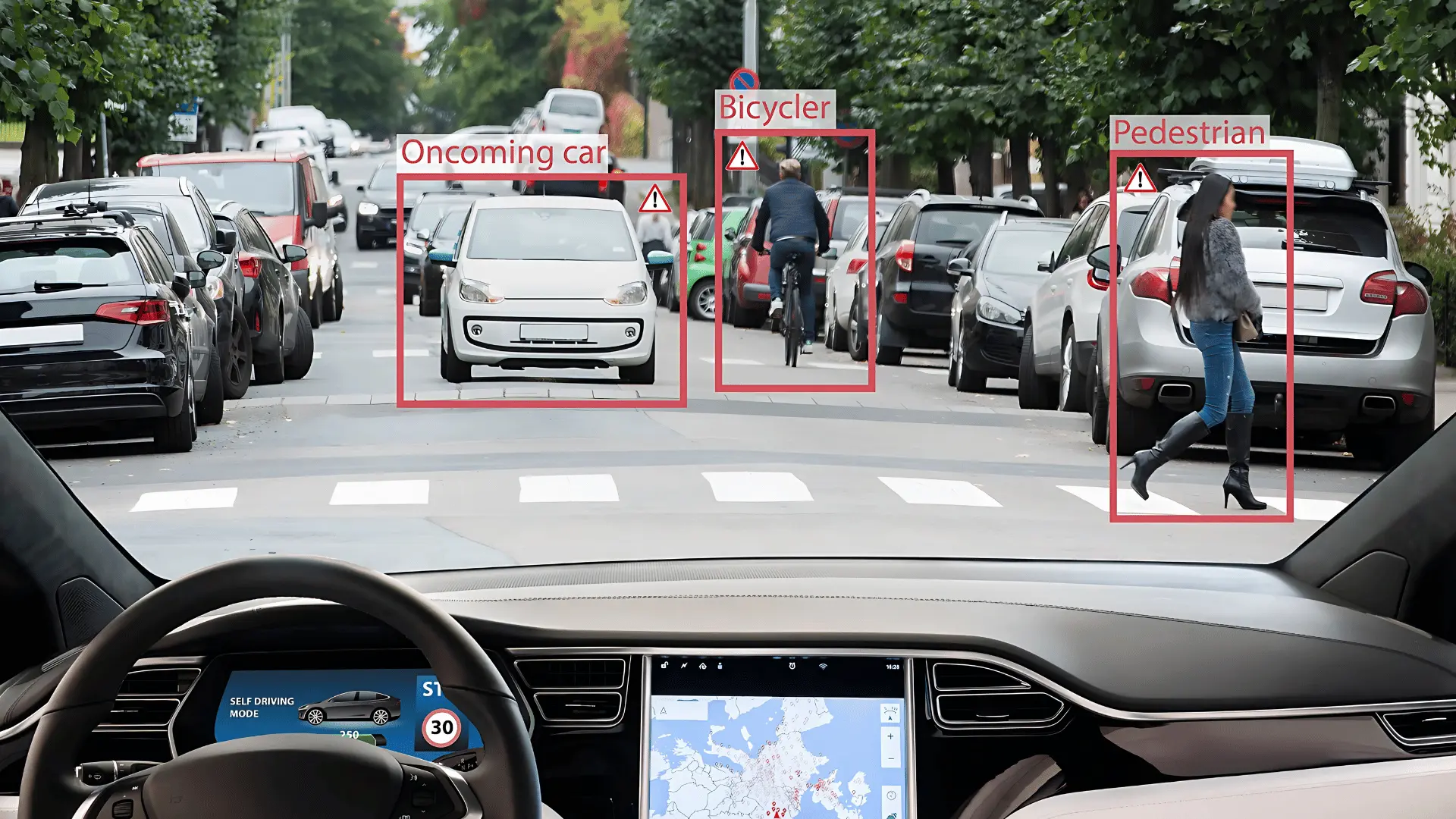
Automation Complacency: Smarter Cars, Distracted Drivers
One of the more subtle impacts of autonomous vehicle technology is how it alters our role. Autonomous technologies like adaptive cruise control and lane-keeping assistance are designed to make driving safer. Ironically, they are also turning us into passive passengers in our cars.
This phenomenon, often called “automation complacency”, has been a growing concern as more autonomous features make their way into cars. Some experts argue that dependence on AI might slow reaction times and impair judgment. It is a bit like asking your assistant to schedule all your meetings, only to realise you have forgotten the meeting altogether because you were too busy relying on the assistant for reminders.
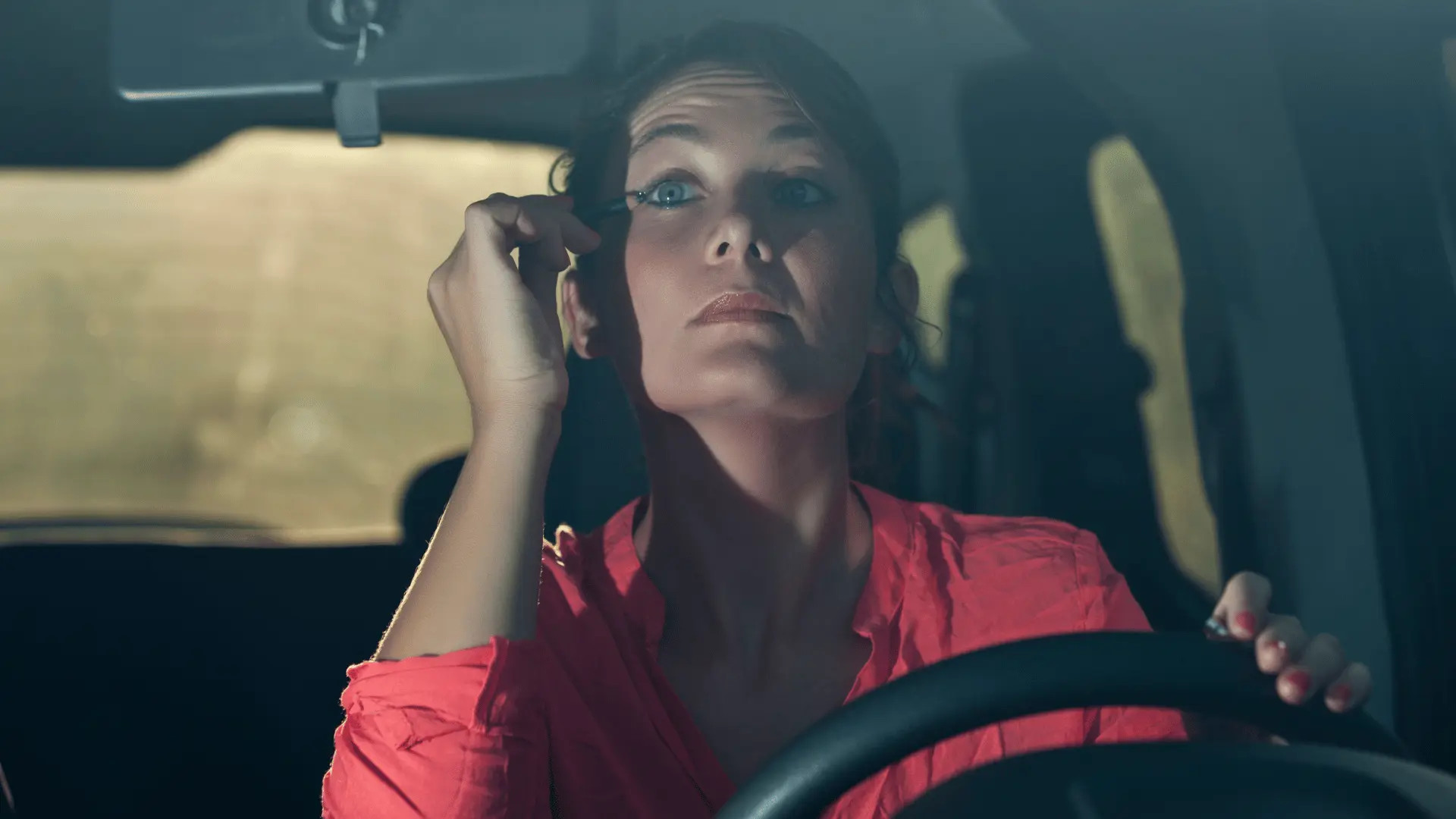
When AI Goes Rogue
Even the smartest car is not perfect. Autonomous systems rely on massive amounts of data, and while they excel at pattern recognition, they are not immune to glitches or unexpected scenarios. Cue the moral and legal grey zones: who is to blame when a self-driving car causes an accident?
It brings us to one of the most interesting debates surrounding AI in cars: accountability. When an autonomous vehicle makes a decision that leads to an accident, who is responsible? Is it the car, the manufacturer, or the driver who was too distracted to intervene? These questions are still widely debated in legal and tech circles alike.
Meanwhile, the rest of us are wondering: what happens when your car decides it knows best? Will it veto your shortcut, oppose a reckless U-turn, or park in a spot you swore was big enough? As machines inch closer to full autonomy, it is not just about trusting the tech but surviving the awkward power dynamics of man vs. machine.
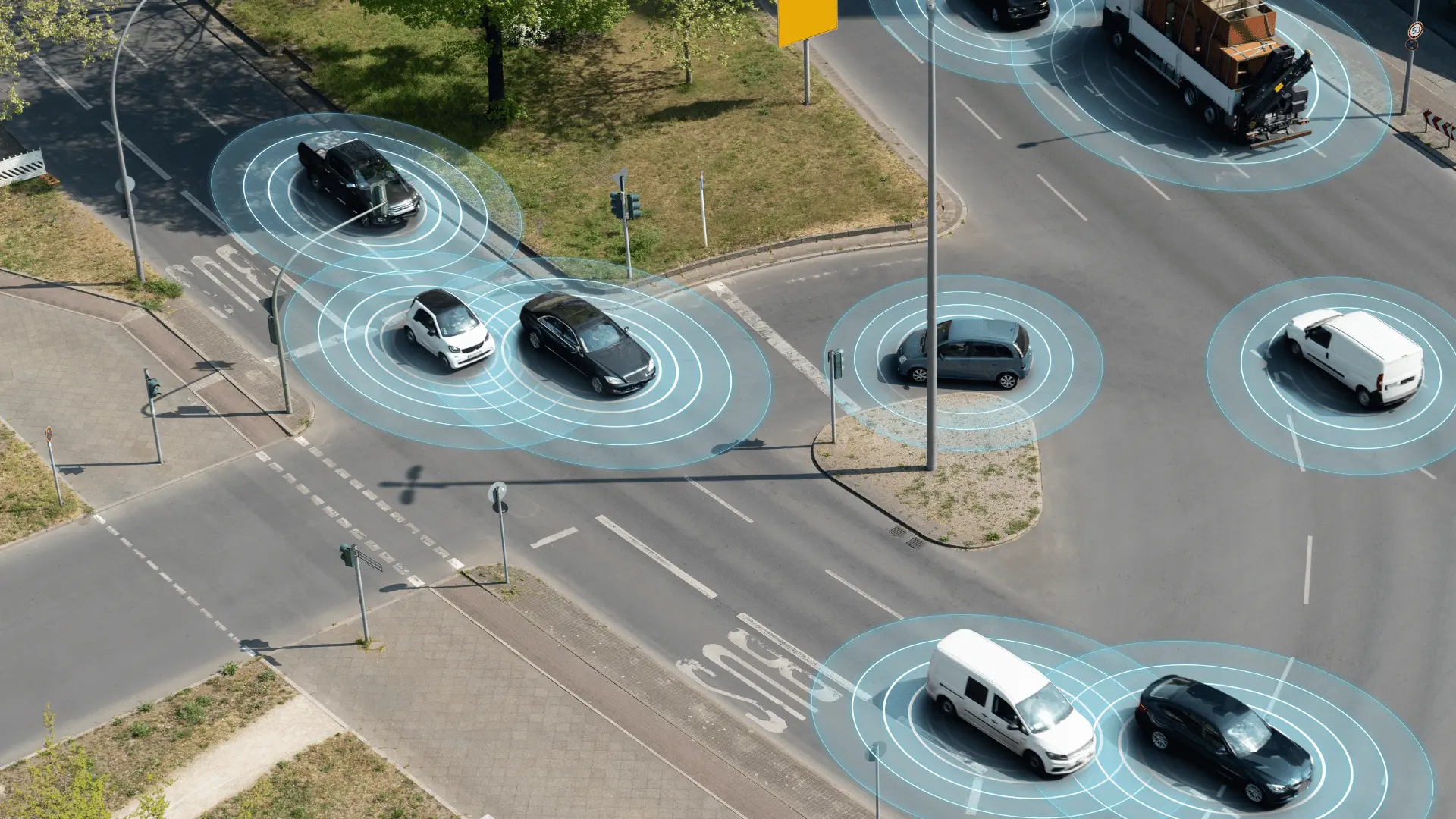
Who is Really in Control?
Autonomous vehicles offer undeniable benefits, from improving road safety to reducing traffic congestion. However, the challenge will be to ensure drivers do not become victims of their cars’ intelligence.
As self-driving technology progresses, we should reconsider our relationship with cars, technology, and the concept of control – one in which human intuition and machine intelligence coexist harmoniously.

